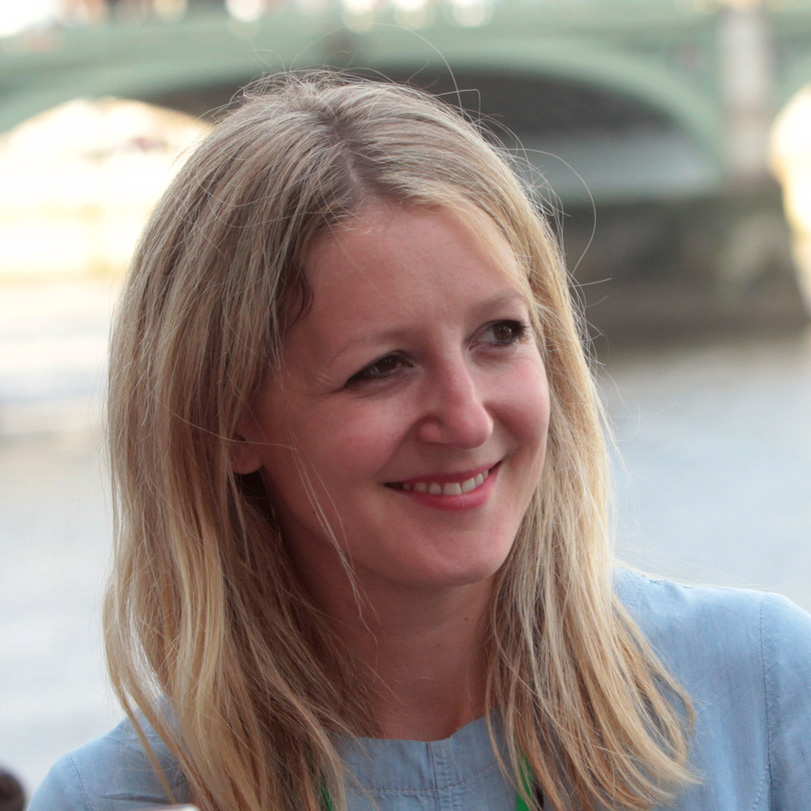September 2017
It's a problem where troubling stories and images are matched by staggering figures. Up to 12 million tonnes of plastic flow into our oceans every year. That’s like emptying a rubbish truck load into the sea every minute. Melting Arctic ice has revealed that plastic has floated its way to the top of the world, in freezing waters just 1,000 miles from the North Pole.
Closer to home, single-use plastic bottles are a glaring part of the problem. Every day, 16 million plastic bottles enter our environment in the UK alone, ending up on our beaches, streets, in landfill or the sea. That’s nearly half of all plastic bottles sold not getting collected, recycled or reused.
Greenpeace is calling for urgent action to tackle all sources of ocean plastic pollution. Right now we’re targeting single-use plastic bottles, because repeatedly they rank near the top of the charts when it comes to plastic waste found on beaches. That’s why we’re calling on Coca-Cola, responsible for churning out over 100 billion plastic bottles a year, to ditch throwaway plastic.
Improving recycling is also part of the picture when it comes to stemming the flow of plastic into our oceans. That’s why we are calling for the introduction of a deposit return scheme for plastic drinks containers across the UK. A small charge is placed on a drinks container which is refunded when the bottle or can is returned. This is an effective way to reduce plastic pollution and boost recycling rates, because it makes it worthwhile for people to bring containers back to be reused or recycled. In Norway and the Netherlands, just two countries where deposit return schemes are established, collection rates are as high as 95%. That’s capturing a lot of plastic that might otherwise have been discarded in our environment, and it’s a good news story we’d love to see across the UK too.
It’s already starting to happen. Earlier this month, the Scottish Government announced the introduction of a deposit scheme. Now the Welsh Government has said it’s looking at it. New polling shows that 3 in 4 Brits support the introduction of a deposit return scheme, and businesses big and small are rallying behind the idea. Environment Secretary Michael Gove has lauded them as “a great idea”. A deposit scheme in England is the logical next step.
So it’s welcome news that the influential Environmental Audit Committee has reopened its inquiry into disposable plastic bottles and coffee cups. The inquiry keeps the spotlight on the urgent need to address plastic pollution, and Greenpeace, alongside Link members, are taking part and submitting evidence backing the introduction of a deposit scheme*.
The success of the plastic bag charge shows that customers are seizing the opportunity to use less single-use plastic with both hands, and that the perception of this "throwaway" plastic is changing. With captivating stories like the albatross, and the sight of polluted oceans whose health we all rely on, it is no wonder. There is unprecedented appetite for addressing plastic pollution - from strong public support to endorsements from business, to mainstream media campaigns and cross-party political scrutiny. Michael Gove must act now and show bold environmental leadership by committing to a deposit return scheme for England. Something to think about over his next cappuccino to go.
Elena Polisano
Ocean Plastics Campaigner
Greenpeace UK
Find Elena on twitter: @elenapolisano
Find Greenpeace on twitter: @GreenpeaceUK
* Link's response to the Committee's inquiry in April can be found here. An updated response will be submitted on 29 September 2017.
The opinions expressed in this blog are the author’s and not necessarily those of the wider Link membership.




Latest Blog Posts